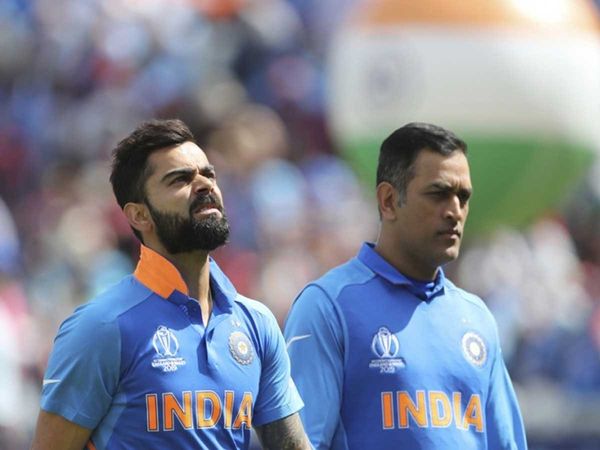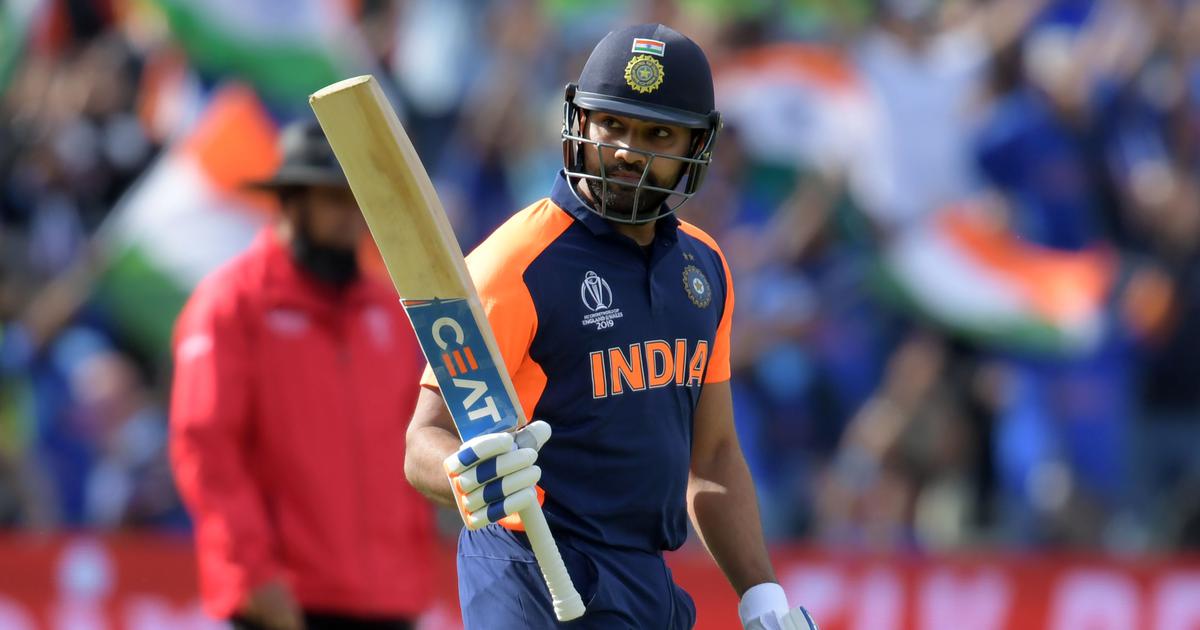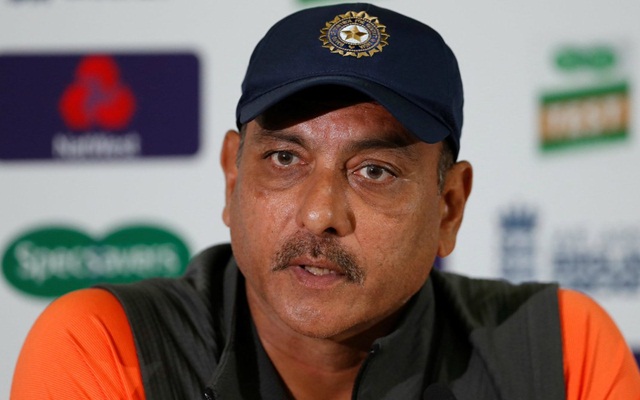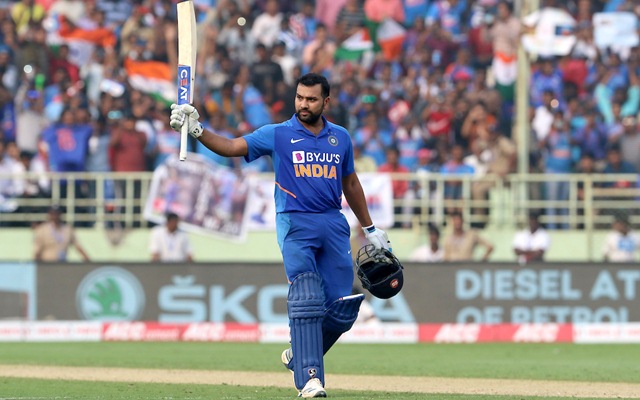Ravi Shastri has given his thoughts on Rohit Sharma taking charge of India’s ODI and T20I teams and how the split captaincy would fare in Indian cricket.
The BCCI selectors on Wednesday decided to name Rohit Sharma as the captain of India’s ODI and T20I teams bringing down curtains on Virat Kohli’s near five-year-tenure as the country’s limited-overs captain. Virat Kohli took over as Test captain after MS Dhoni retired in late 2015 and then in ODIs and T20Is after the former T20I and ODI World Cup winning skipper stepped down from the post in 2017.

Ravi Shastri: Rohit Sharma Is Not Overawed As He Marshalls All The Resources Of The Team
Nearly five years later, something similar has happened, with the Indian cricket team now having two captains for limited-overs and Tests. Former India coach Ravi Shastri, who worked closely with Virat Kohli and whose tenure ended with the T20I World Cup has given his thoughts on Rohit Sharma taking charge of India’s ODI and T20I teams and how the split captaincy would fare in Indian cricket.
“Rohit is not overawed; he always does what is best for the team. He marshalls all the resources of the team unlike, let’s say, in football,” Ravi Shastri said in an interview.

Rohit Sharma is the most successful captain in IPL with five IPL titles for Mumbai Indians. Rohit Sharma, 34, has led India 10 times in ODIs and led them to victories on eight occasions. In T20Is, he has captained them 22 times, of which they have won 18 and lost four, after whitewashing New Zealand 3-0 at home in T20Is after T20I WC.
Virat Kohli had led Team India in 95 ODI matches and registered victories 65 times. He is the fourth in the list of most victories by an Indian captain where MS Dhoni leads the tally with 110 wins, followed by Mohammad Azharuddin (90) and Sourav Ganguly (76).
Under his leadership, India won 15 ODI bilateral series out of 19, which also includes victories in difficult conditions in South Africa, Australia, and West Indies. During his ODI captaincy stint, Virat Kohli scored 5449 runs in 95 matches with 21 hundred.
Ravi Shastri Said It’s Overwhelming To Create New Records For Indian Team Recalling His Tenure As Coach
Ravi Shastri looked back at his tenure as coach, recalling how seeing Virat Kohli and Rohit Sharma evolve into two of the world’s best all-format batters makes him happy and proud. Ravi Shastri first got involved with the Indian team back in 2014, when he joined it as director, before getting promoted to a full-time coach post the departure of Anil Kumble in 2017.

“We are two people with a similar mindset. We have a similar wavelength. In 2014, when I first came in, there was only one big player – MS Dhoni. Who else was there? Who was superstar material? Virat, and maybe Rohit Sharma, in white-ball cricket.
“To see these two guys come through and become great players in red- and white-ball cricket, to have a great fast-bowling attack, to beat Australia in their backyard – there have been so many firsts with this team. It is overwhelming,” added Ravi Shastri.
Virat Kohli finished as India’s second-most successful captain in T20Is after MS Dhoni, having led the team in 50 matches, winning 32 of them and losing 16. With a win percentage of 64.58, Virat Kohli’s tenure came to an end with India’s final match of the 2021 T20I World Cup – against Namibia which the Men in Blue won comfortably by nine wickets to bow out of the T20I World Cup on a high.
Skipper Virat Kohli and coach Ravi Shastri had worked together as captain and coach since 2017 for four years, during which Indian cricket achieved phenomenal success. However, their stint ended on a disappointing note, with India getting knocked out of the 2021 T20I World Cup, failing to qualify for the semifinals for the first time in eight ICC events.
